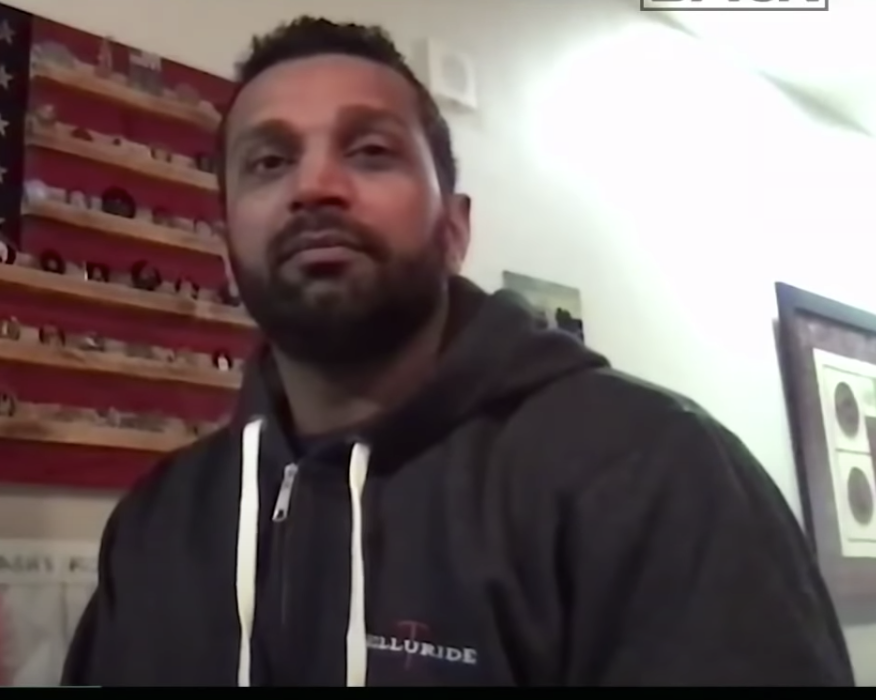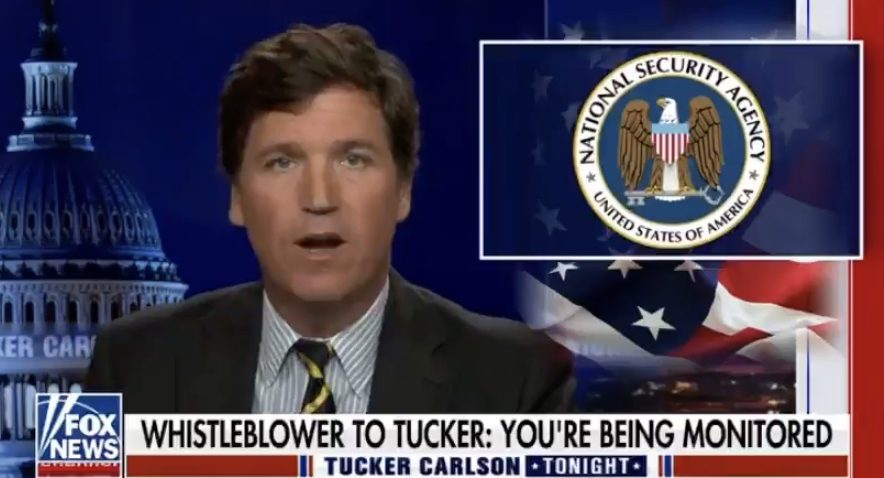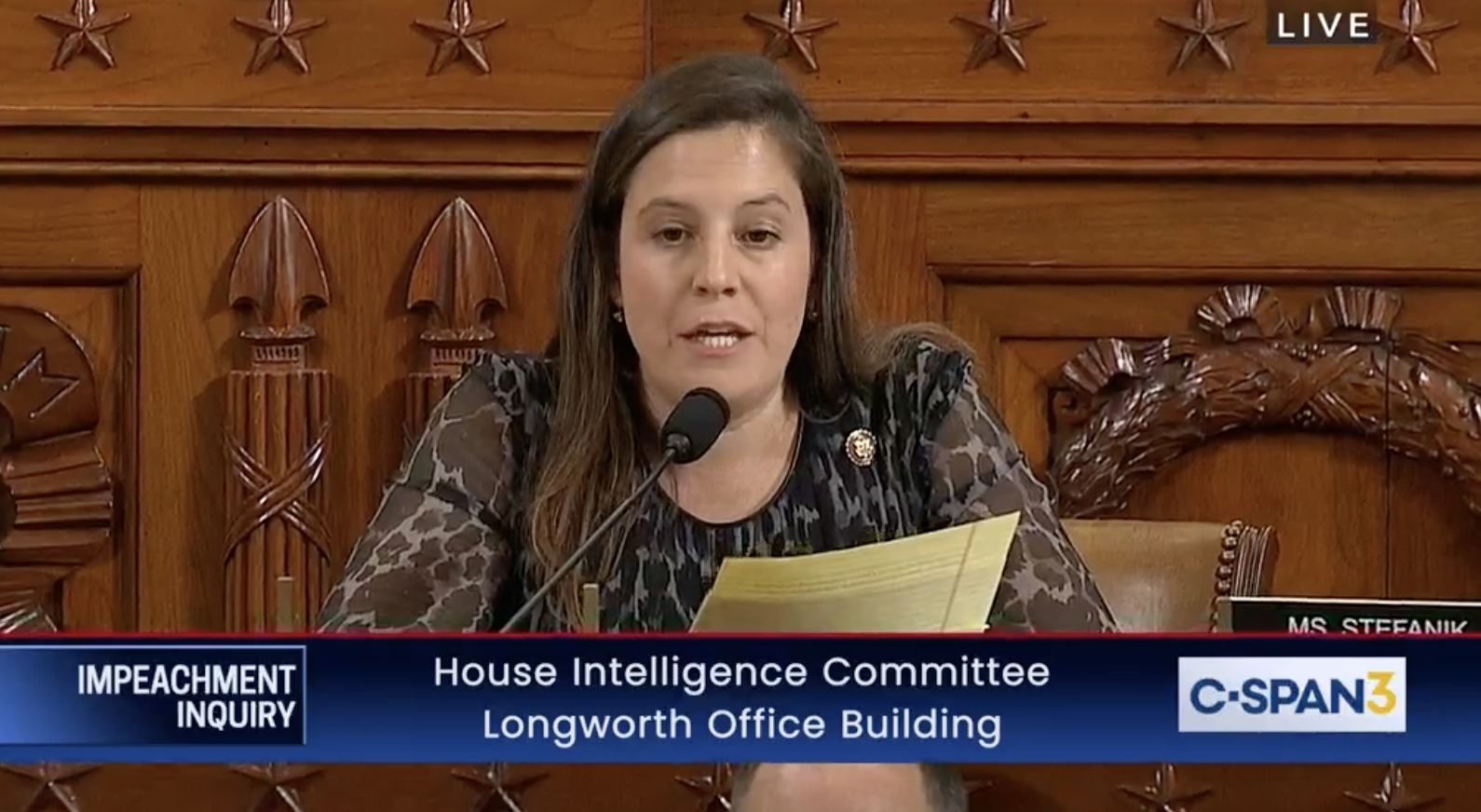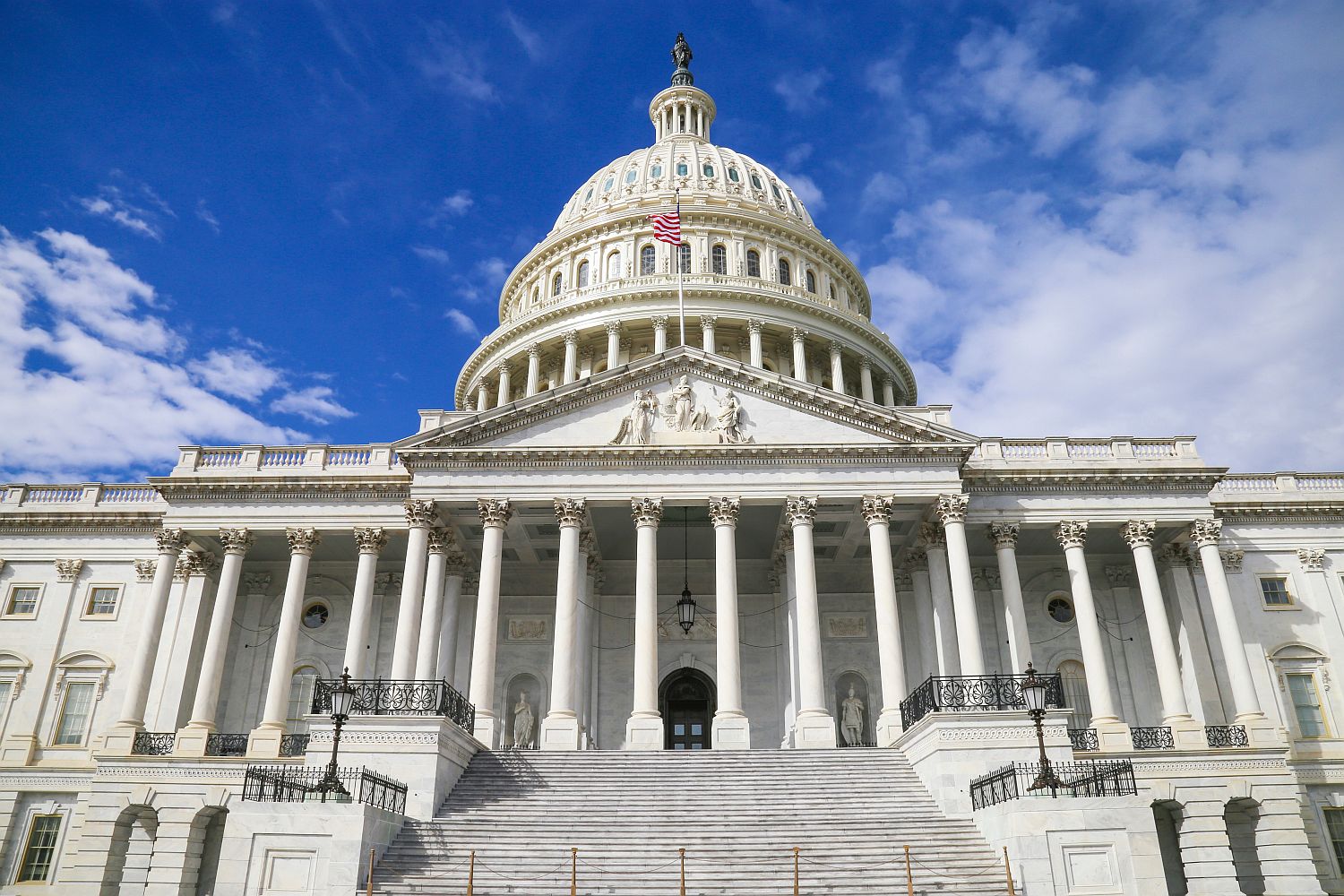Kash Patel’s Deep State: How Trump Trained the GOP to Hate Rule of Law 2
I realized after I wrote my first post on how Trump trained Republicans to hate rule of law that I didn’t lay out what I meant by that. After all, that first post showed that for decades before Trump ran for President, Republicans were already willing to gin up criminal investigations against people named Clinton for political gain.
If that’s the baseline, what did Trump change? And to what degree was that change driven by Russian interference, which I argued did little more than drop a match on an already raging bonfire in 2016?
So I want to show the trajectory, using this Politico piece about the concerns a bunch of spooks have about Trump’s plans to remake the Deep State in his image. The story is not all that new — there have been a bunch of stories that included Trump’s goal to remake the Deep State in his image, both during his Administration and in more recent descriptions of Trump’s plans for a second term. But it does certain things that make it helpful to explain what I mean.
The spooks described three concerns with Trump in a second term. He would:
- Selectively ignore intelligence on certain issues [cough, Russia], blinding the Intelligence Community and weakening our collective alliances
- Leak [more of] America’s secrets
- Staff the agencies with loyalists
POLITICO talked to 18 former officials and analysts who worked in the Trump administration, including political appointees from both parties and career intelligence officers, some who still speak to the former president and his aides and had insight into conversations about his potential second term. A number of them were granted anonymity to avoid provoking backlash and to speak freely about their experience working with him. Others are now vocal Trump critics and spoke publicly.
“He wants to weaponize the intelligence community. And the fact is you need to look with a 360 degree perspective. He can’t just cherry pick what he wants to hear when there are so many U.S. adversaries and countries that don’t wish the U.S. well,” said Fiona Hill, a top Russia adviser on the National Security Council in Trump’s administration who has regularly criticized his policies. “If he guts the intel on one thing, he’ll be partially blinding us.”
Many of the former officials said they opted to speak to POLITICO because they believe the extent to which Trump could remake the intelligence community remains — despite the copious media coverage — underestimated.
Trump’s demands for “loyalty” — often read as a demand to skew findings to fit his political agenda — have not been limited to his spy agencies, but in the intelligence world, those demands carry particularly dire risks, they said.
If Trump is cavalier with his treatment of classified information or material — as alleged in a June 2023 indictment of the former president — it could endanger those who supply much-needed intelligence, said Dan Coats, who served as director of national intelligence early in Trump’s tenure.
Kash Patel gets special mention as someone who would both burn intelligence and spin fantasies by Politico.
Kash Patel, former top adviser to Devin Nunes, a former representative from California, and director of counterterrorism at the National Security Council, served as an informal adviser to Grenell but was also considered for a top post at the CIA. He later became chief of staff to the acting secretary of defense in Trump’s final months. Patel also helped advise on an initiative to declassify material related to the origins of the Russia investigation.
Patel is likely to return to serve under Trump if he is elected, raising worries among current and former intelligence officials about the preservation of sources and methods of U.S. intelligence.
“There were often a lot of appointments that seemed designed to make sure that the intelligence assessments could be shaped to paint certain pictures that simply didn’t match up with what the intelligence community had come up with,” said one former Trump administration intelligence official.
The guy who rose to prominence by turning an investigation into a Russian attack on democracy into a counterattack on the FBI, the guy who spends his time writing children’s books in which he, Kash, protects his liege from imaginary threats from the Deep State, is presumed to be the future steward of Trump’s efforts to politicize the intelligence community.
You could argue that the replacement of civil servants with Trump partisans in the IC is little different than what Trump plans everywhere else in government, if he’s elected. That’s true with regards to the means — gutting civil service protections and replacing them with loyalty oaths to a person rather than the Constitution. But not the effect.
One reason Trump floated putting Kash in charge of the FBI, after all, was because efforts to punish Trump’s enemies weren’t producing the results he desired. The Durham investigation didn’t exact revenge on FBI figures like Jim Comey, Andrew McCabe, and Peter Strzok; when it finished, Kash complained that it “failed” precisely because people who tried to protect the country from Russia weren’t prosecuted for doing so. Five years of investigating the Clinton Foundation failed to find a chargeable crime. After he left government, a Kash Patel charity started funding right wing FBI agents accused of the same thing McCabe and Comey were — improper disclosures — but did so to discredit investigations into the right wing.
An IC led by Kash Patel would not just be a politicized intelligence community, intentionally blinded to the threat from countries like Russia, and by degrading intelligence on certain adversaries corroding the alliances built on that shared intelligence.
But it would be an instrument for exacting loyalty.
That instrument can and would be targeted at disloyal Trump party members. Look at efforts by the GOP House to investigate Cassidy Hutchinson, for example.
It’s not just Jack Smith or Nancy Pelosi’s spouses who get targeted with threats for challenging Trump, but also Don Bacon’s.
This, then, is the trajectory along which Trump has coaxed Republicans. At first, a goodly many Republicans defended the integrity of the Mueller investigation, until they didn’t anymore. With the first impeachment, virtually all Republicans excused Trump’s defiance of their own appropriations choices. With the second, reportedly fearful Republicans made excuses for an attack that threatened their own lives rather than fulfill their constitutional duty to check Trump. Since then, Trump has used his legal woes not only as an electoral plank, but also as leverage to demand that the party continue to pay his bills, diverting funds that otherwise might help to reelect down-ticket candidates.
What used to be the Grand Old Party has become, literally, a criminal protection racket serving one man.
The fate of the party depends on that man defying the law.
In a post examining why Elise Stefanik might have parroted Trump’s assertion that January 6 felons were, instead, hostages, I laid out a taxonomy of potential motives that would convince Republicans to follow Trump down this path. Aside from ideological true believers, I think Republicans are motivated because they’ve fallen for Trump’s grift, they’re afraid, or they calculate they can stay on Trump’s good side long enough to advance their career.
One way or another, a series of individual choices brought Trump’s party to this point.
Moments ago, Mitch McConnell endorsed a man who launched a terrorist attack targeting, among others, McConnell himself.
A series of individual choices have brought the party that used to be Mitch McConnell’s to this point.
Update Mike “Moses” Johnson is bragging about defunding the FBI and DOJ.










